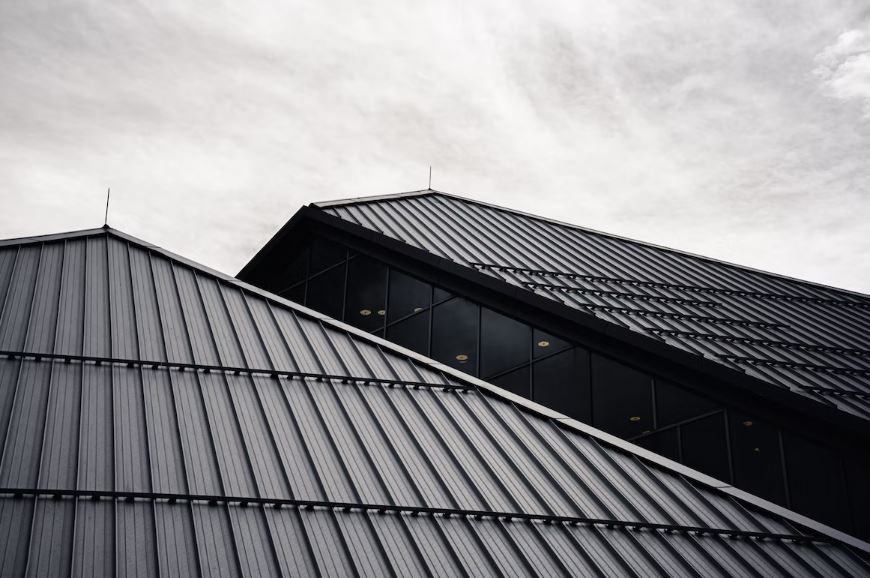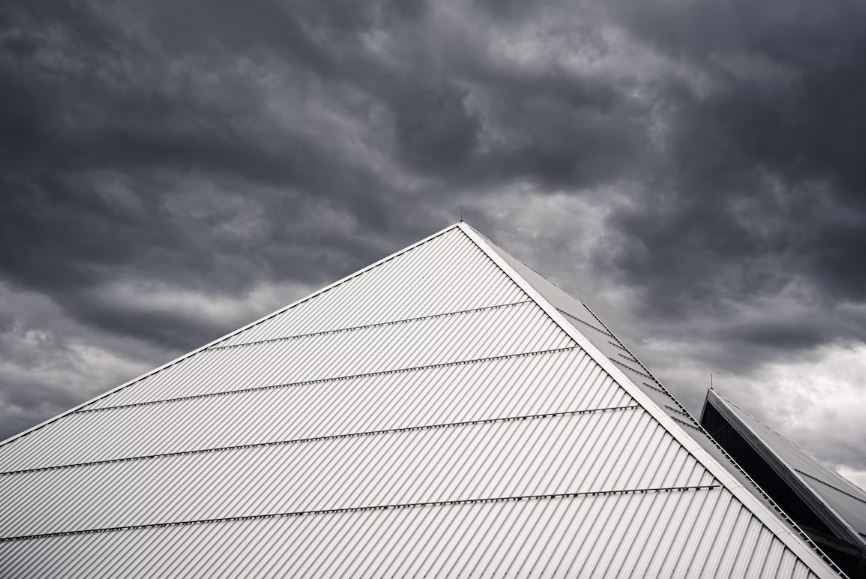Commercial roofing is a big investment, so it’s important to choose the right material. There are many different materials available, each with its own benefits and drawbacks. In this blog post, we will discuss the six most popular commercial roofing materials. We will explain the benefits and drawbacks of each material, so you can make an informed decision about which one is right for your business!
6 commercial building roofing materials you need to know about
Most commercial buildings have asphalt shingles, metal roofs, or built-up roofs. However, there are many other roofing materials available on the market today. Most of these commercial roofs are made from synthetic materials, such as PVC or TPO. Experts that cover foam roofing Bay Area say that these materials are becoming more popular because they are lightweight, durable, and easy to install. On the other hand, they can be more expensive than traditional roofing materials. When trying to decide which roofing material is right for your commercial building, it’s important to consider the benefits and drawbacks of each type. Here are six popular commercial roofing materials, along with their pros and cons:
1. Asphalt Shingles
Asphalt shingles are the most popular type of roofing material for commercial buildings. They are relatively inexpensive and easy to install. Asphalt shingles are also available in a variety of colors and styles, so you can find an option that fits your business’s aesthetic. However, asphalt shingles are not as durable as some other roofing materials and they require more maintenance than some other options. If you’re looking for a low-maintenance roofing option, asphalt shingles may not be the best choice.
2. Metal Roofs
Metal roofs are becoming more popular for commercial buildings because they are durable and energy-efficient. Metal roofs can last for decades with proper care and maintenance. They are also reflective, so they can help reduce your building’s cooling costs in the summer. However, metal roofs are more expensive than asphalt shingles and they can be noisy during rainstorms or hail storms. If you’re looking for a durable and energy-efficient roofing option, metal roofs are a good choice. However, if you’re concerned about noise, you may want to consider another option.

3. Built-Up Roofs
Built-up roofs are made from multiple layers of asphalt and tar. They are durable and easy to repair, but they require more maintenance than some other roofing materials. Built-up roofs also tend to be hot in the summer, so they may not be the best choice for businesses in warm climates. If you’re looking for a durable and easy-to-repair roofing option, built-up roofs are a good choice. However, if you live in a warm climate, you may want to consider another option.
4. PVC Roofing
PVC roofing is a synthetic material that is becoming more popular for commercial buildings. PVC roofs are lightweight, durable, and easy to install. They are also energy-efficient and reflective, so they can help reduce your building’s cooling costs in the summer. However, PVC roofs are more expensive than traditional roofing materials. If you’re looking for a lightweight, durable, and energy-efficient roofing option, PVC roofs are a good choice. However, if you’re concerned about cost, you may want to consider another option.
5. TPO Roofing
TPO roofing is a synthetic material that is similar to PVC. TPO roofs are also lightweight, durable, and easy to install. They are reflective and energy-efficient, so they can help reduce your building’s cooling costs in the summer. However, TPO roofs are more expensive than traditional roofing materials. If you’re looking for a lightweight, durable, and energy-efficient roofing option, TPO roofs are a good choice. However, if you’re concerned about cost, you may want to consider another option.
6. EPDM Roofing
EPDM roofing is a synthetic rubber that is becoming more popular for commercial buildings. EPDM roofs are durable, energy-efficient, and reflective. They are also easy to install and require little maintenance. However, EPDM roofs are more expensive than traditional roofing materials. If you’re looking for a durable, energy-efficient, and low-maintenance roofing option, EPDM roofs are a good choice. However, if you’re concerned about cost, you may want to consider another option.
No matter what type of commercial roofing material you choose, it’s important to work with a qualified and experienced roofing contractor. A qualified contractor will help you choose the best roofing material for your business and budget. They will also install your new roof properly, so it can last for years to come. If you’re looking for a qualified and experienced roofing contractor in your area, make sure you do your research before hiring anyone. Your roof is an important part of your business, so you want to make sure it’s in good hands.

